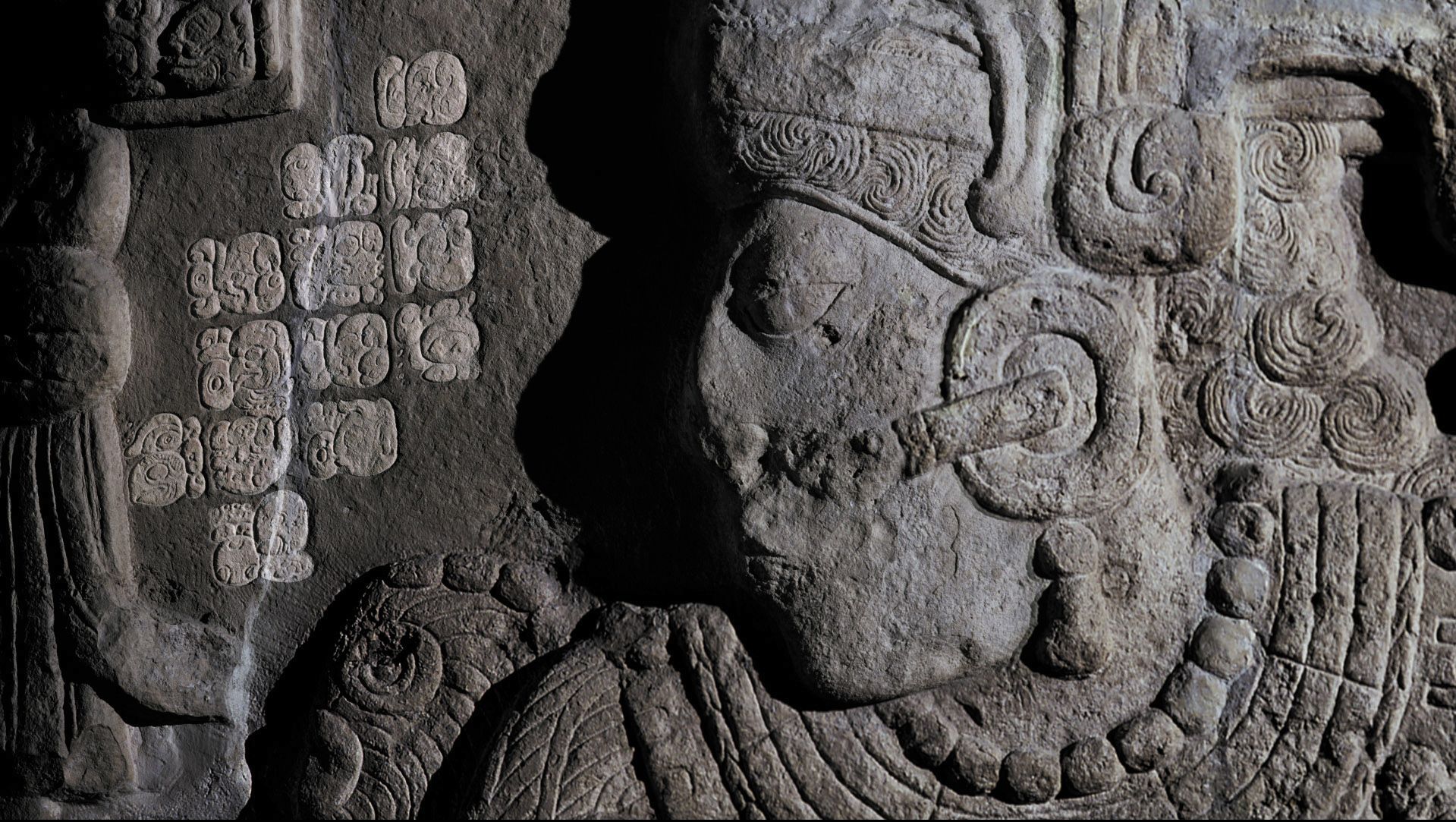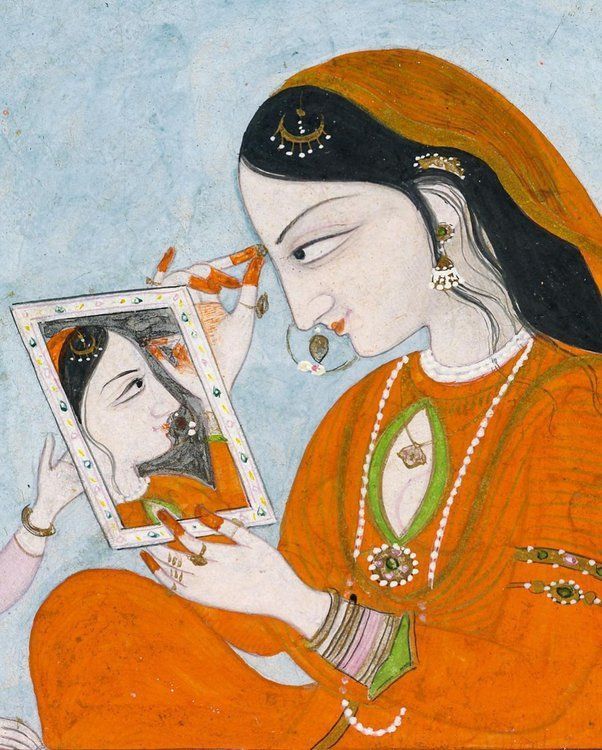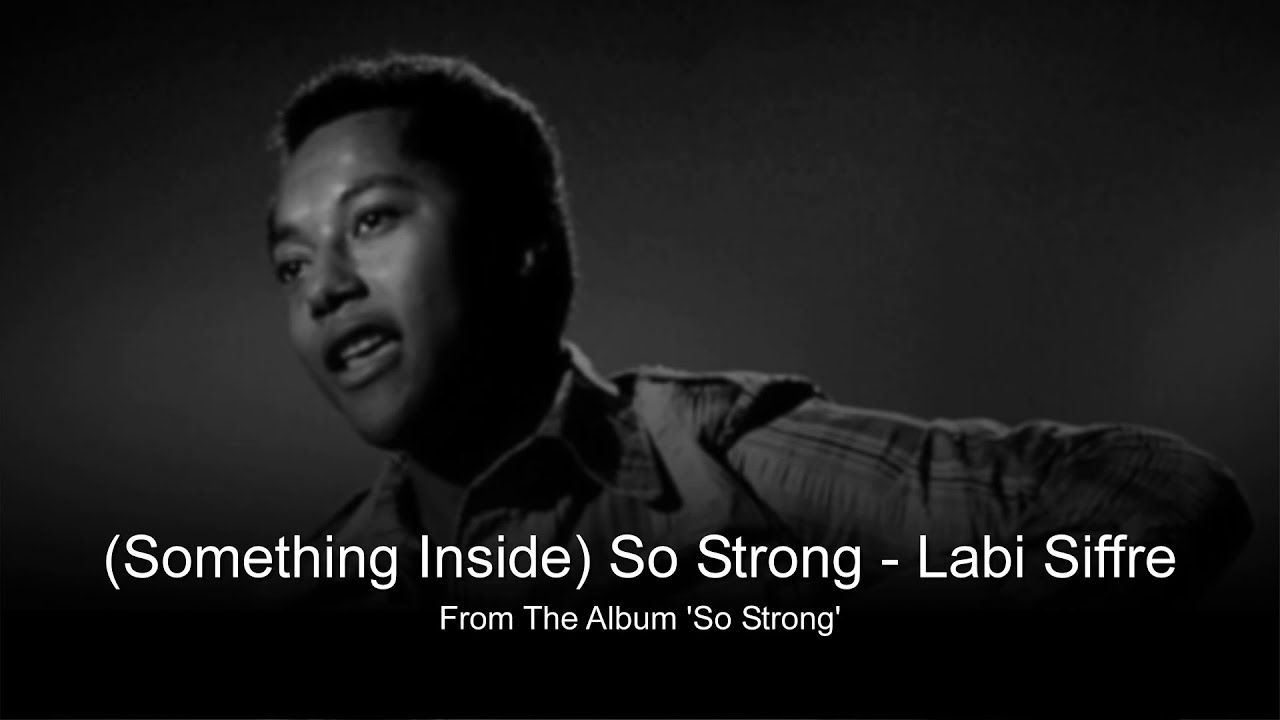ToK Essay Prescribed Titles May 2024 Prompt 3
Fresh ideas, change and knowledge

'Fresh’ has the connotations of ‘new’ or ‘innovative’. And when something new arrives into the world, it’s usually accompanied by change. Often it’s hard to measure the impact of change until time has passed and we can look back with the cool, detached eye of objectivity. But one thing’s for sure, the immediate impact of change is an emotional one. Change upsets the apple cart of existing routines and tradition. It can cause a sense of upheaval and uncertainty, making you feel uncomfortable, perhaps dread. However, change can simultaneously be a time for opportunity. It can reveal different ways of doing or looking at things, energising you with excitement, even inspiration. Depending on your appetite for risk, change can be either helpful or a hindrance. In the context of knowledge, it’s the same. Let’s look at a couple of examples to get a sense of why fresh ideas may or may not be adopted slowly by experts within AOKs…
Fresh and exciting ideas within the H Sciences often encounter a slow adoption process by experts owing to the inherent conservatism of academic knowledge communities. This reluctance to embrace change is exemplified by the case of Leon Festinger, a prominent figure in psychology. Festinger’s groundbreaking theory of cognitive dissonance, published in 1957, challenged prevailing psychological paradigms by suggesting that individuals experience discomfort when holding conflicting beliefs and are motivated to resolve this discomfort. Initially met with skepticism, Festinger’s theory faced resistance from established psychologists who adhered to behaviourist or psychoanalytic perspectives. It took several years for cognitive dissonance theory to gain widespread acceptance, ultimately reshaping the field of Psychology and influencing research across various domains of human behaviour.
Conversely, some fresh and exciting ideas within the H Sciences can be swiftly adopted by experts, especially when they provide novel solutions to pressing societal issues. A prime example is Esther Duflo, a renowned economist and co-founder of the Abdul Latif Jameel Poverty Action Lab (J-PAL). Duflo's pioneering work in the field of Development Economics, particularly her innovative use of randomised controlled trials (RCTs) to evaluate the effectiveness of poverty alleviation programs, gained rapid acceptance and recognition. Her research not only revolutionised the approach to addressing global poverty but also quickly garnered the support of policymakers, fellow academics, and international organizations. Duflo's ability to bridge the gap between cutting-edge research and real-world impact demonstrates how fresh ideas, when grounded in empirical evidence and practical applications, can swiftly win over experts in the H Sciences.
So what other criteria can you think of that either constrain the adoption of new ideas, or smoothen the path for their quick acceptance?















